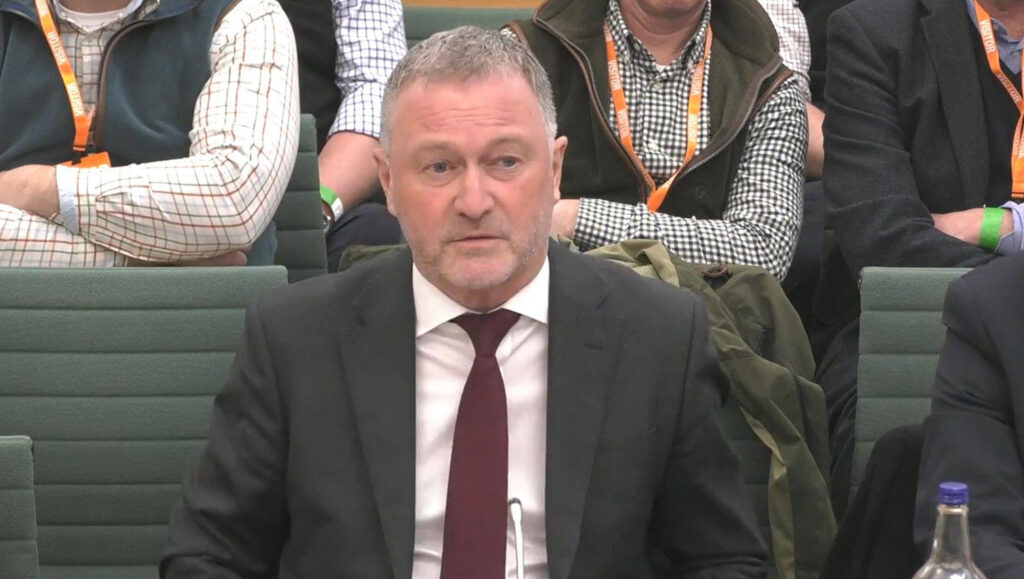Reed: Cutting ag funds protection shows ‘belief in devolution’
 © PA Images/Alamy Stock Photo
© PA Images/Alamy Stock Photo Defra secretary Steve Reed has given a passionate defence of the government’s decision to remove the ring-fence around devolved agricultural funding.
As part of her recent Budget, chancellor Rachel Reeves redefined agricultural funding for Scotland, Wales and Northern Ireland, consolidating it within each region’s broader block grant using the Barnett formula, rather than maintaining separate, ring-fenced allocations.
See also: Welsh government welcomes removal of ringfence for ag funding
This shift means agricultural support must compete with other priorities such as health and education, potentially impacting long-term funding and stability for farming.
During a punchy performance in front of the Environment, Food and Rural Affairs (Efra) select committee yesterday (19 November), Mr Reed said the move had been made because Labour “believes in devolution”.
“Giving the devolved administrations more control over their resources supports devolution,” he added.
“That’s our mandate for that.”
The Farmers’ Union of Wales (FUW) has warned the Treasury’s decision to “Barnettise” the block grant could see Wales’ proportion of total UK agricultural funding fall drastically from 9.4% to about 5% – equivalent to a cut of about 40% in funding.
During the hearing, Mr Reed was also quizzed on the government’s plans to cut inheritance tax relief for farmers.
He refused to be drawn on whether the idea had come from Treasury or Defra, saying only that he was “happy to defend” the decision.
He also rejected a suggestion that Defra carry out an impact assessment of the policy, pointing out the department was not responsible for tax measures.
But he insisted that Treasury figures showing only 500 estates would be affected were accurate.
Asked whether the farmers participating in the NFU’s mass lobby of parliament on 19 November were wrong to think they would fall into scope, he said: “Assuming these projections from HMRC validated by the OBR [Office for Budget Responsibility] and the IFS [Institute for Fiscal Studies] are correct, then many of them, probably happily, are wrong.
“There are things they can do to plan their tax affairs as most business or asset owners would do to limit their liability.”
